When I learned my 10-year-old neighbor was reading The Hunger Games, my jaw dropped. Really? Already? The words aren't hard. It's the topic. Children killing other children in a complex moral/ political tale that's meant for teenagers.
But now I realize I was naive. It's not just 10-year-olds who are reading The Hunger Games, it's 8 and 9-year-olds, too. Teenage lit. has become the cool thing to read in elementary school.
Young Adult books (called "YA" in the publishing world), have long been known as crossover books. That's because the topics and adventures in Young Adult books appeal to adults, too. Some say 50% of the readers are adults. It appears that YA books are truly crossing over - to young children.
Many adults I know refuse to read The Hunger Games. I got a headache when I read it, the story is that intense. The book is a fantastic read -- for the right audience.
On one hand, I believe kids should be able to read whatever interests them. I'm disturbed young kids are reading a book like this. I'm also disturbed when elementary aged kids read the entire Harry Potter series. The first few books are childlike, but the last ones were intended for teenage readers and deal with deeper evil and betrayal. Here's why it disturbs me:
- They don't get it. Young kids can't grasp what the book's about. Their moral, emotional and reasoning skills aren't there yet.
- It's a waste. Good books deserve to be introduced at the right age. When a child reads a great book too young (or too old) it falls flat.
- They're missing other great books. The shelves are full of fantastic books for elementary-aged kids. This is an incredibly rich age for children's literature and childhood is simply too short to read all the good ones. These kids won't enjoy these books later -- the time is now. Reading big teenage books instead is an opportunity cost.
- We're upping the ante. If an intense book like The Hunger Games becomes standard fare for elementary readers, how will they go up from there? What will shock them or make them wrestle with high moral issues as teens?
Sure, elementary kids can read big, teen books, but Young Adult books these days are extremely "edgy." As caring adults we need to stand by these young readers. Guide kids to age-appropriate books - incredible stories they will adore - and be prepared to stand by and support them if they get in over their heads.
Do you believe in guided reading? Did you ever read a book 'too young' or 'too old?' What disturbs you about teenage books in the hands of children?

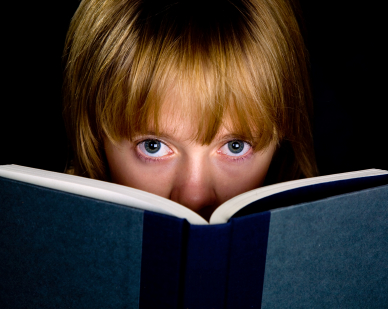
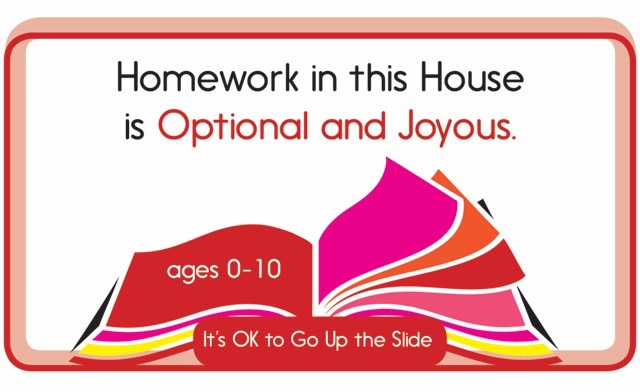
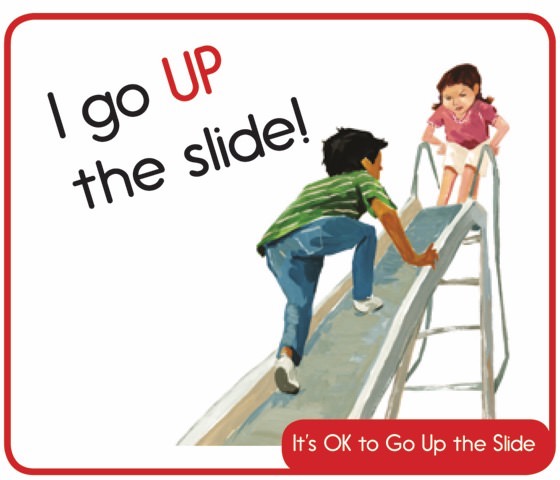
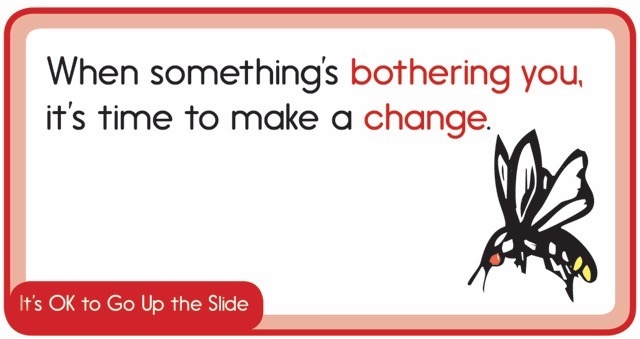
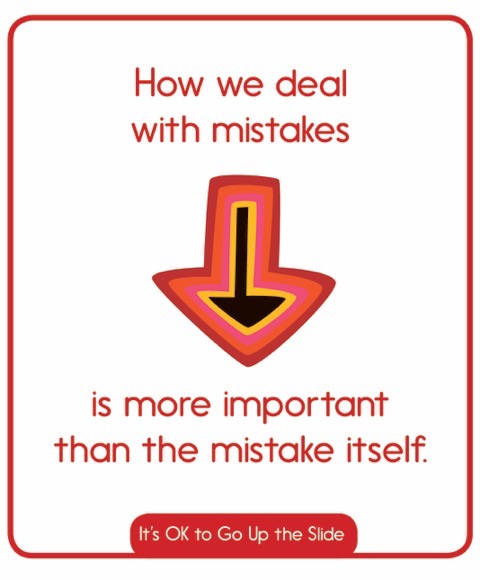
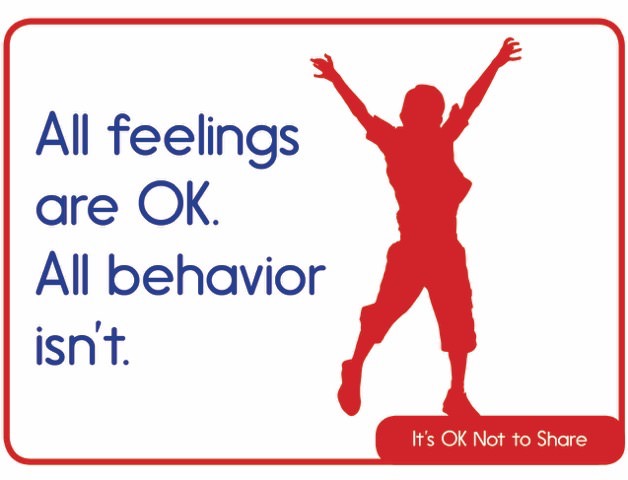
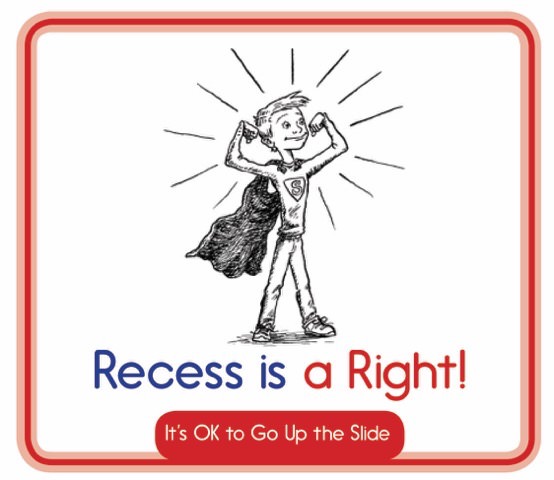
I ran into this situation recently when my seven-year-old daughter found Diary of a Wimpy Kid at the library. It's illustrated with cartoons and looks like an age-appropriate book except that the story is about a middle school boy who is beginning to be interested in girls, struggles with bullies, and has a troubling relationship with his father. These are ideas I don't mind her being exposed to, when the time is right.
I've always thought that I wouldn't stop a reader from choosing her own books. Censorship isn't something I believe in, while I do believe that prohibited items create their own attraction.
So I let her read it. She was fortunately bored and we had to return it to the library before she finished...
Glad she was "fortunately bored!" Strikes me there would be a huge market for comic-book style books like this for younger kids. Yes, younger kids are reading them, but the topics are very middle school.
My Mom went by the method of "if you're old enough to ask, you're old enough to know". I guess she applied the same logic to literature - if I'm old enough to be interested, I'm old enough. She gave me boxes upon boxes of books that she read in her younger years and didn't give me any guidance. I remember reading lots of Judy Blume books when I was 9-11 years old (this was 1999-2001). One book I read, "Forever", was very adult in it's portrayal of sex in teenage years. While parts of it were funny, it also represented the realities of our first sexual encounters: confusion, how young love doesn't last, it's not all it's cracked up to be, seeing the gynocologist, etc. Reading this book didn't make me sexually promiscuous or confuse me. What it did do was give me information to think about and turn over, and it ended with me and my Mom having a frank discussion about sex and birth control when I was 12. It was a perfectly organic discussion on something that many parents struggled with, and I really appreciate that my Mom never censored my reading so that we could continue having these conversations. Also, there were many books that didn't appeal to me in any sense until I was older - I'd get like 2 or 3 chapters in and move on. So I think the situations will work itself out, but it's important to read what your kids are reading (or have read it) and be prepared to discuss the book and answer questions. Communication is key.
Alyxandria, sounds as if you had an excellent experience "self-censoring." If a book didn't appeal, you stopped reading after a few chapters. I go by your mom's adage "if you're old enough to ask, you're old enough to know" and so glad your mom gave you honest answers.
If kids are really interested, they will ask, read and find out and get something out of it. But I fear many young kids are reading simply because of the peer pressure factor rather than true interest.
Knowing what kids are reading and being ready for open communication - bravo! Thanks for sharing your comment.
I've always been an avid reader and often read books 'too old' for me when I was young, mainly because I wanted to challenge my reading skills. But mostly I devoured whatever was popular with most of the kids I knew. I don't think I read much that was 'too young' for me because I'm usually a read-it-once-and-done reader. What's funny is that even at age 57, I feel some books are still "too old" for me because of the complexity of the topic or ideas of a certain writer. Books on economic theory or philosophy, for example.
I agree with Rachel about not wanting to censor certain books from young children, but also understanding that there are many books no child should read, or be allowed to read, based on graphic sex or violence or other adult subject matter.
Unfortunately, video games that are rated for adults or at least teens are routinely played by under-age-12 kids, so it's not as if they risk getting their minds corrupted by an "adult" book since pictures and scenes of graphic violence are all too common in video games, movies, and even some TV shows. Their young minds have most likely "already been corrupted." And I don't intend that to sound like "the sky is falling," just that children are exposed to adult life much sooner these days than they ever were in the past, and with social media and instantaneous communication from the entire world now commonplace, parents fight an uphill battle to protect their kids from whatever they perceive as harmful.
A proactive parent is the best defense. Get in the habit of visiting the local library, guide the child to books the parent thinks are appropriate and will interest their child, and encourage them to read as of much the terrific age-appropirate literature they can. Maybe shrug off a request to read an "adult" book with a comment such as "Okay, but I think you'll find _(book)_ kind of boring because all the characters are old people doing 'old people stuff.'
A tough question, Heather, thanks for bringing it up.
You're welcome! To every book its own season... I laughed that you still have books that are still "old" for you. Me too!
Thanks for sharing all your insights - sometimes books seem more real than graphic videos because a book brings you inside the head and thoughts and feelings of characters.
Great question! My six year old loves the Diary of a Wimpy Kid books. Although, I don't think he fully understands all the stories, I truly believe the cartoon style format helped him with his reading. I do the bulk of the reading and he likes reading the talk bubbles. I do grapple with this concept There are so many wonderful picture books and the window is truly quite short for them to enjoy these. I really let him choose what ever he wants, but I also try to pick out some other picture books of things I think he might like. Harry Potter can definitely wait. I know he would be bored with it and I am certain he would find it scary.
You said it - the window is truly quite short - and there are so many excellent books for the early ages.
I know many kids have been spurred to read by the Wimpy Kid books, though I do think they need to write a new series for younger kids with younger kid dilemmas. It's the elementary kids who are reading them. Maybe that's why I prefer kids reading Calvin and Hobbes. At least the protagonist is a 6-year-old!
I tried Calvin and Hobbs and he was not that into it. I did find a great picture book author much more appropriate for a six year old. Chris Gall. Awesome Dawson is great! Comic book style picture book about a young boy who likes to upcycle anything and everything.
" The book is a fantastic read — FOR THE RIGHT AUDIENCE."
I'm still trying to pull my eyebrows down from my hairline after reading the age bracket who are reading this book!
My eyebrows are still up there, too.
I'm one of those adults who won't read The Hunger Games. I just don't want that concept in my head.
I'm leary of official censorship, though, so if a child is really interested in something, I'll talk to them about it and work with them - but I do think it's fine to suggest and surround your child with age-appropriate materials, and hope they find something they like in the mountain of stuff you approve of.
Another suggestion I've always gone by is "non-fiction at their reading level, fiction at their emotional level." - If kids need a challenge, help them find harder books on science, cars, animals, whatever real things they're interested in, and point them to age-matched fiction for more relaxing reading. Not every book has to stretch their skills. It's OK if the "just for fun" ones are easy.
Nicole - thanks for sharing your thoughts. I love your guiding idea “non-fiction at their reading level, fiction at their emotional level.” Fantastic!
I see so many parents - and, yes, teachers - who are focused more technical reading level rather than the ideas inside. What do we read for after all, if not for ideas?